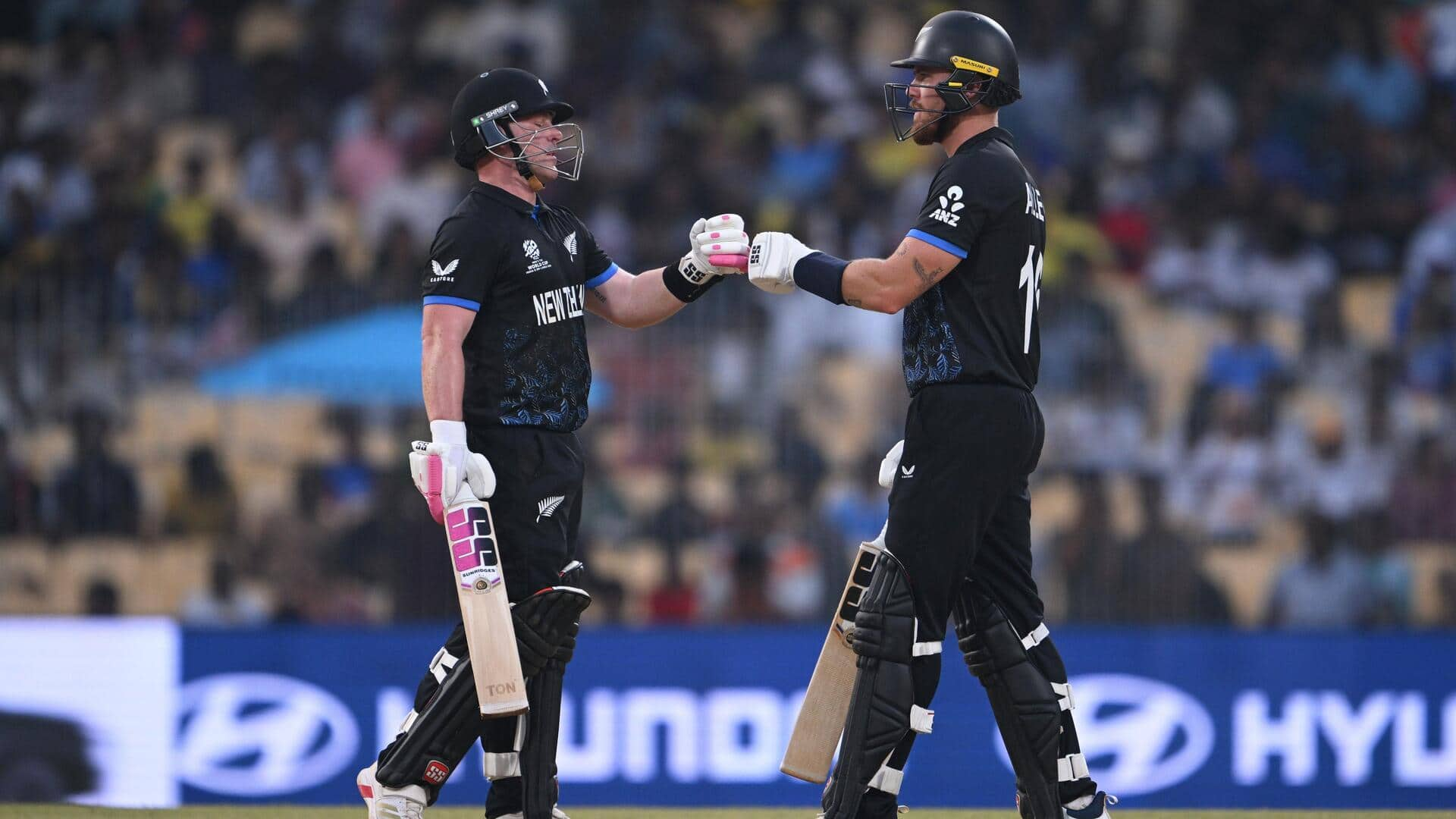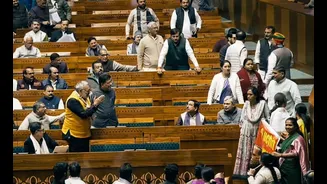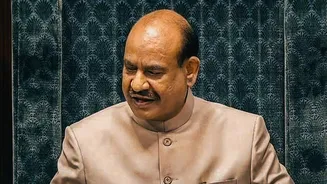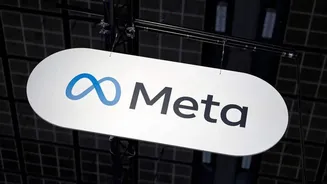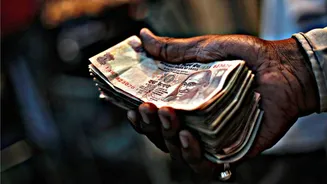Diwali's Arrival
Diwali, also known as Deepavali, is the Indian festival of lights, observed by Hindus, Jains, Sikhs, and some Buddhists. In 2025, the festival is expected
to bring together communities across India. The celebration typically spans five days, each with its own rituals and significance. The core theme revolves around the triumph of good over evil, light over darkness, and knowledge over ignorance. Preparations begin weeks in advance with the cleaning of homes, shopping for new clothes, and exchanging gifts. The festival is marked by the lighting of diyas (lamps), decorating homes with colorful lights, bursting firecrackers, and the sharing of sweets and savories. This period is often seen as a time of new beginnings, marked by prosperity and joy.
The 2025 Calendar
Determining the exact dates for Diwali requires consulting the Hindu lunar calendar, which varies each year. The Diwali Calendar 2025 will provide the precise dates for the five days of celebration. These dates are essential for planning festivities, including family gatherings, religious observances, and community events. Keep an eye out for the updated calendar, which will outline the specific days for Dhanteras, Naraka Chaturdasi, Lakshmi Puja, Govardhan Puja, and Bhai Dooj. Each day carries unique rituals and traditions, which may vary slightly depending on regional customs. For instance, Dhanteras often involves the purchase of gold or other valuables, while Lakshmi Puja is dedicated to the goddess of wealth and prosperity.
Significance of Diwali
The significance of Diwali is multi-layered, drawing from various historical and mythological narratives. Primarily, the festival celebrates the return of Lord Rama, Sita, and Lakshmana to Ayodhya after 14 years of exile, symbolizing the victory of good over evil. The lighting of diyas symbolizes the removal of darkness and the welcoming of light and knowledge. For many, Diwali is also associated with Lakshmi, the goddess of wealth, with prayers and offerings made to invoke her blessings for prosperity and success. Diwali also marks the beginning of the Hindu New Year in some regions, reflecting the importance of new beginnings and fresh starts. The festival is a time for reconciliation, strengthening bonds, and promoting communal harmony.
Preparing for Diwali
Preparing for Diwali involves a blend of practical and spiritual activities. Homes are thoroughly cleaned and decorated, often with colorful lights, rangoli designs, and other festive embellishments. Families shop for new clothes, gifts, and festive items, with the bazaars and markets overflowing with shoppers. Sweets and savories are prepared, and families exchange gifts, particularly sweets and dry fruits. Participating in religious rituals and visiting temples is also common during Diwali. Families may perform Lakshmi Puja to invite prosperity into their homes. Furthermore, planning involves setting up a schedule for each day of the festival, making it a memorable and well-organized celebration. These preparations are often a family affair, bringing communities and families closer together as they prepare for the upcoming festivities.
Diwali in Detail
The five days of Diwali offer a spectrum of traditions and practices. Dhanteras, the first day, is often marked by purchasing gold or new utensils, representing wealth and prosperity. The second day, Naraka Chaturdasi, symbolizes the destruction of evil. On the third day, Lakshmi Puja is celebrated, honoring the goddess of wealth. The fourth day, Govardhan Puja, commemorates the story of Lord Krishna lifting Mount Govardhan. Bhai Dooj, the final day, is dedicated to the bond between brothers and sisters, with sisters performing a ritual to pray for their brothers' long lives and well-being. Each of these days includes unique rituals and traditions, from lighting diyas to exchanging gifts and enjoying festive meals. Understanding the meaning and proper way to celebrate each of the five days can make the Diwali experience even more memorable.







